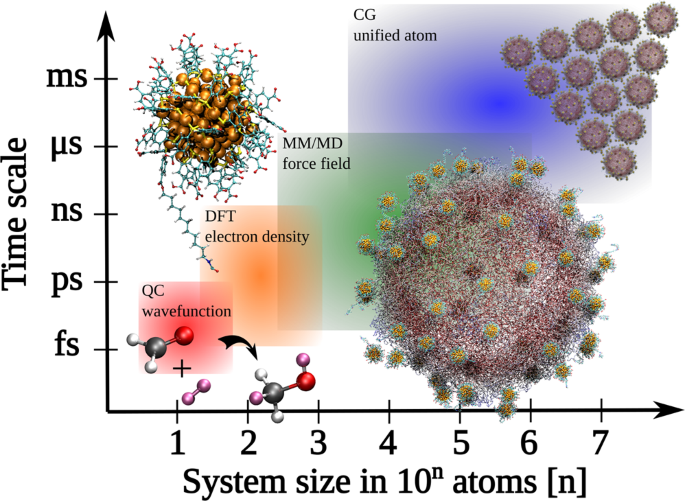10 DAYS ONLINE HANDS-ON TRAINING
QM/MM MD Simulation Using Machine Learning
A Breakthrough in Computational Chemistry
August 02 - 11, 2024 | 07:00 PM - 09:00 PM IST
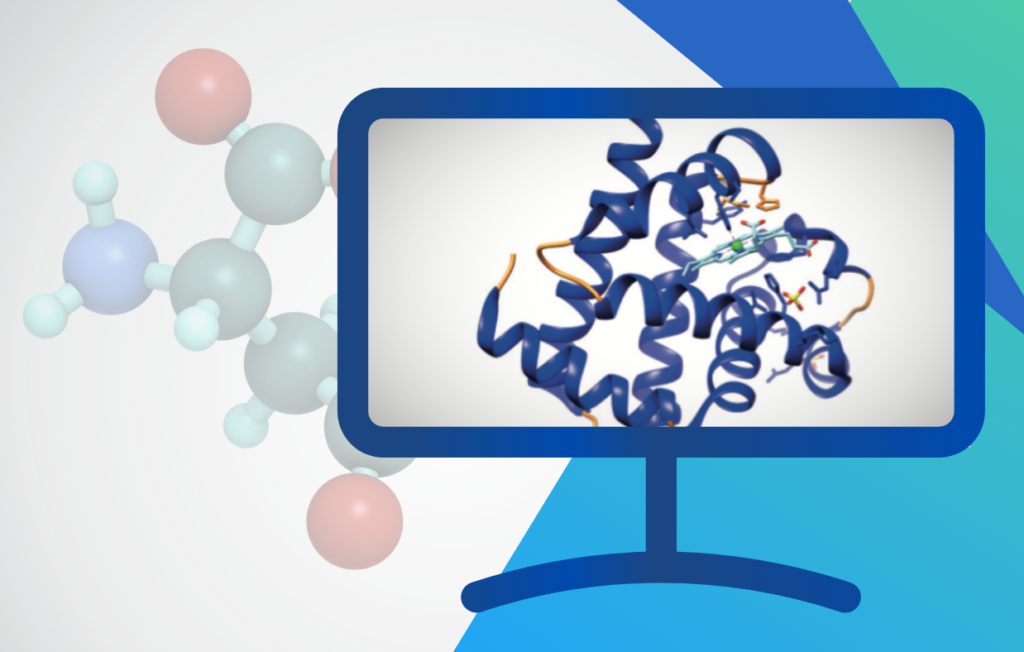

Intensive Learning

Hands-On Exercise

Interactive Sessions

Individual Practice
Introduction to Masterclass
QM/MM MD simulation using machine learning represents a transformative advancement in computational chemistry. This hybrid approach combines quantum mechanical and molecular mechanical methods to simulate complex biological systems with high precision and efficiency. By integrating machine learning techniques, researchers can enhance the accuracy and speed of QM/MM simulations using Machine Learning, making it a cutting-edge tool for exploring molecular interactions.
In traditional QM/MM simulations, the quantum mechanics (QM) part handles the electronic structure of a small, chemically significant region, while the molecular mechanics (MM) part addresses the larger surrounding environment. This dual approach balances accuracy and computational cost. However, the integration of QM/MM MD simulation using machine learning is revolutionizing the field by optimizing potential energy surfaces, predicting molecular behavior, and automating parameter tuning.
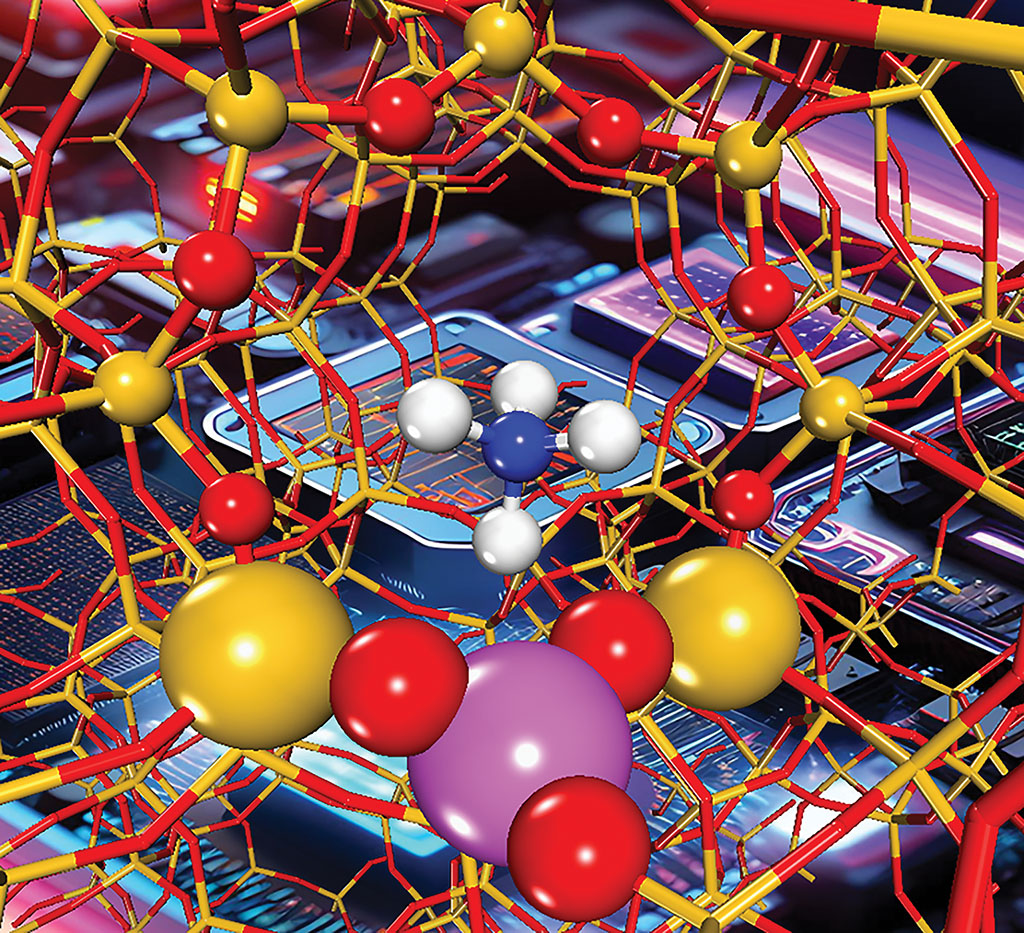
Applications of QM/MM MD Simulation using Machine Learning
In this section we are discussing some of the potential areas of application of QM/MM MD Simulation using Machine Learning & how it can be helpful in these areas to carryout analysis.
Drug Discovery
In drug discovery, QM/MM MD simulations using machine learning can enhance the accuracy of predicting protein-ligand interactions and optimizing drug candidates.
Enzyme Catalysis
Understanding enzyme mechanisms at the atomic level is crucial for designing more efficient catalysts.
Materials Science
QM/MM MD simulations using machine learning can be applied to study the properties and behaviors of advanced materials, such as polymers, nanomaterials, and semiconductors.
Protein Folding and Dynamics
Studying protein folding and dynamics is critical for understanding diseases related to protein misfolding, such as Alzheimer’s.
Environmental Chemistry
QM/MM MD simulations using machine learning can be used to study environmental processes, such as pollutant degradation and chemical reactions in natural systems.
Different Types of Analysis
Majorly, there are 3 different types of analysis using QM/MM MD Simulation using Machine Learning so below we have tried to list them down to help you take better decision if this masterclass will be relevant for your learning and be helpful in your intended area of research.
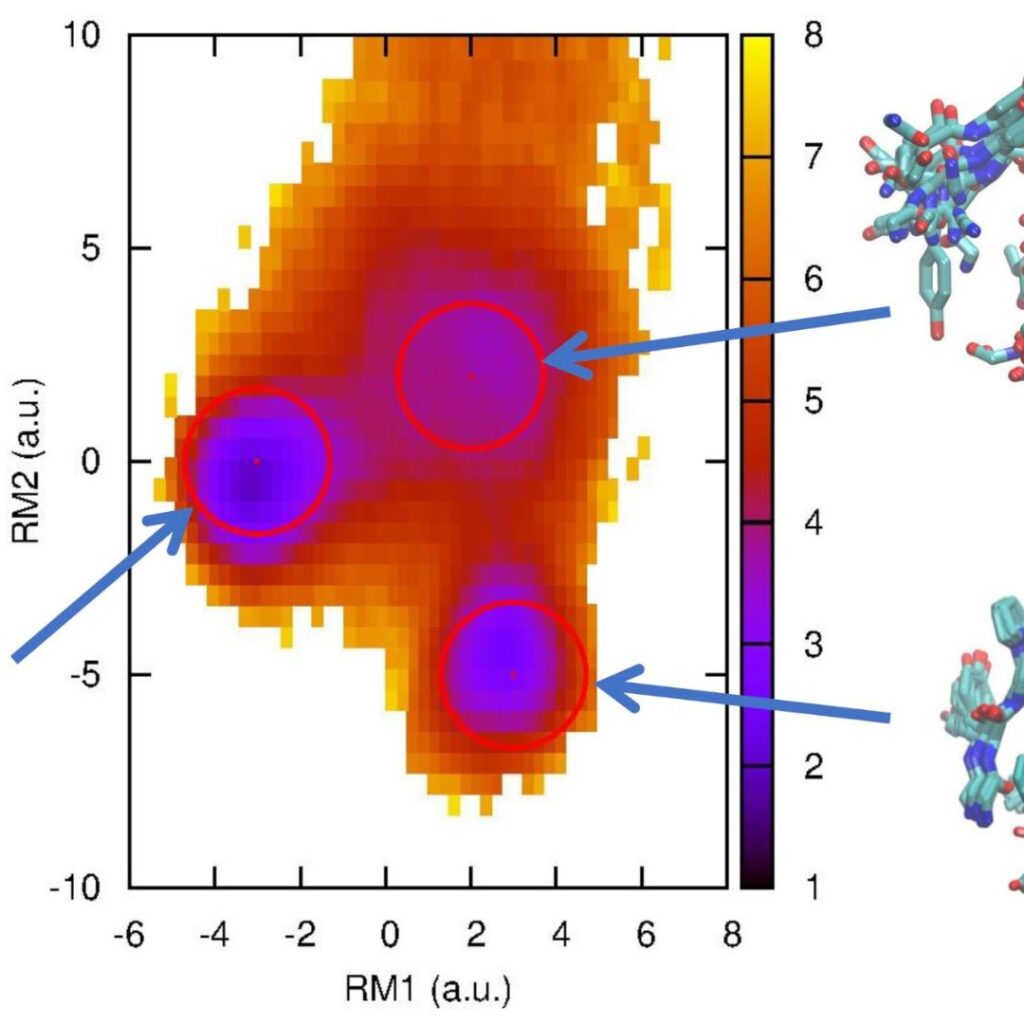
Energy Landscape Analysis
Machine learning algorithms can be trained to predict the energy landscape of a system with high accuracy, including identifying local minima, transition states, and reaction pathways.
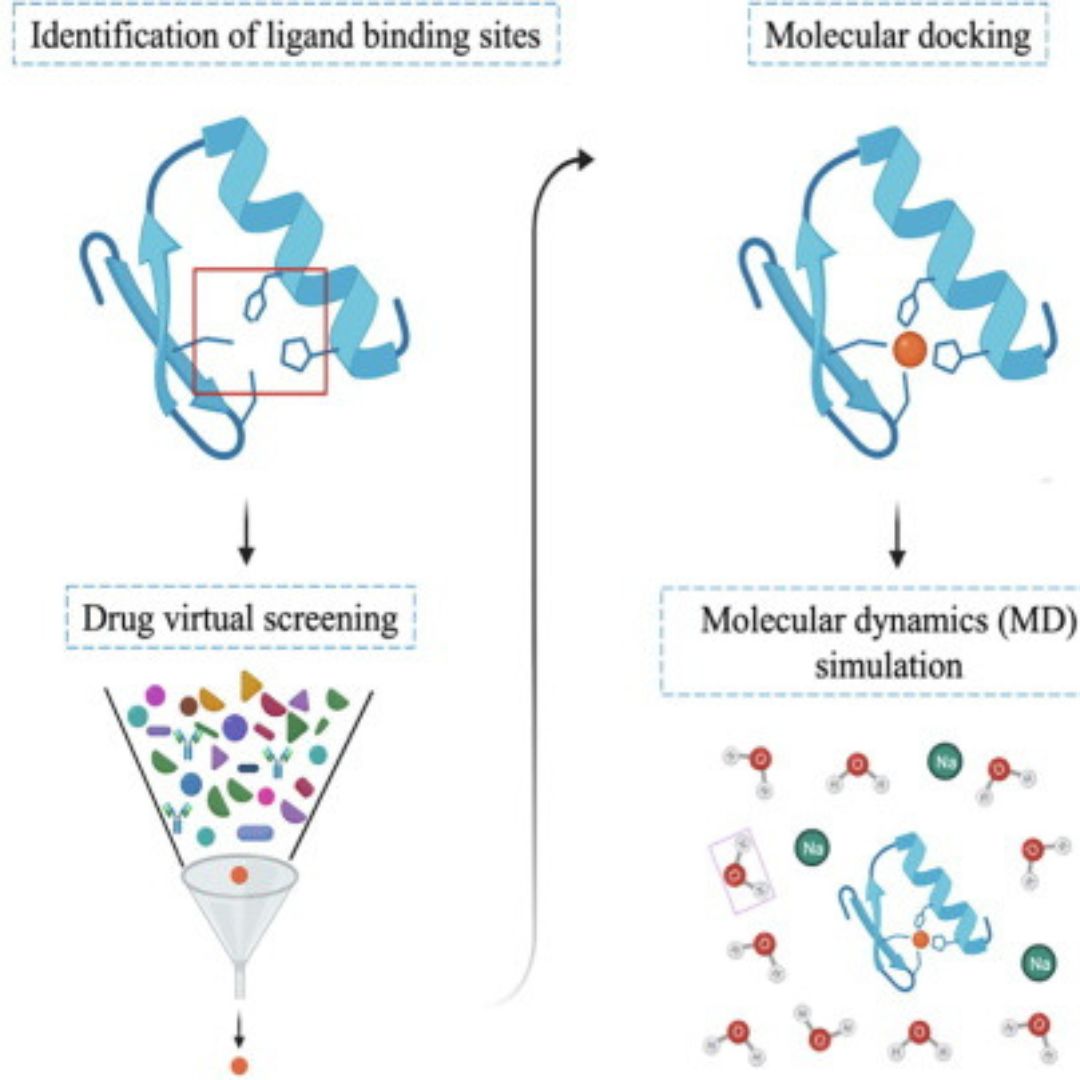
Interaction Analysis
Interaction Analysis analysis helps in understanding how well a ligand binds to its target and the nature of the interaction, which is essential for drug design and development.
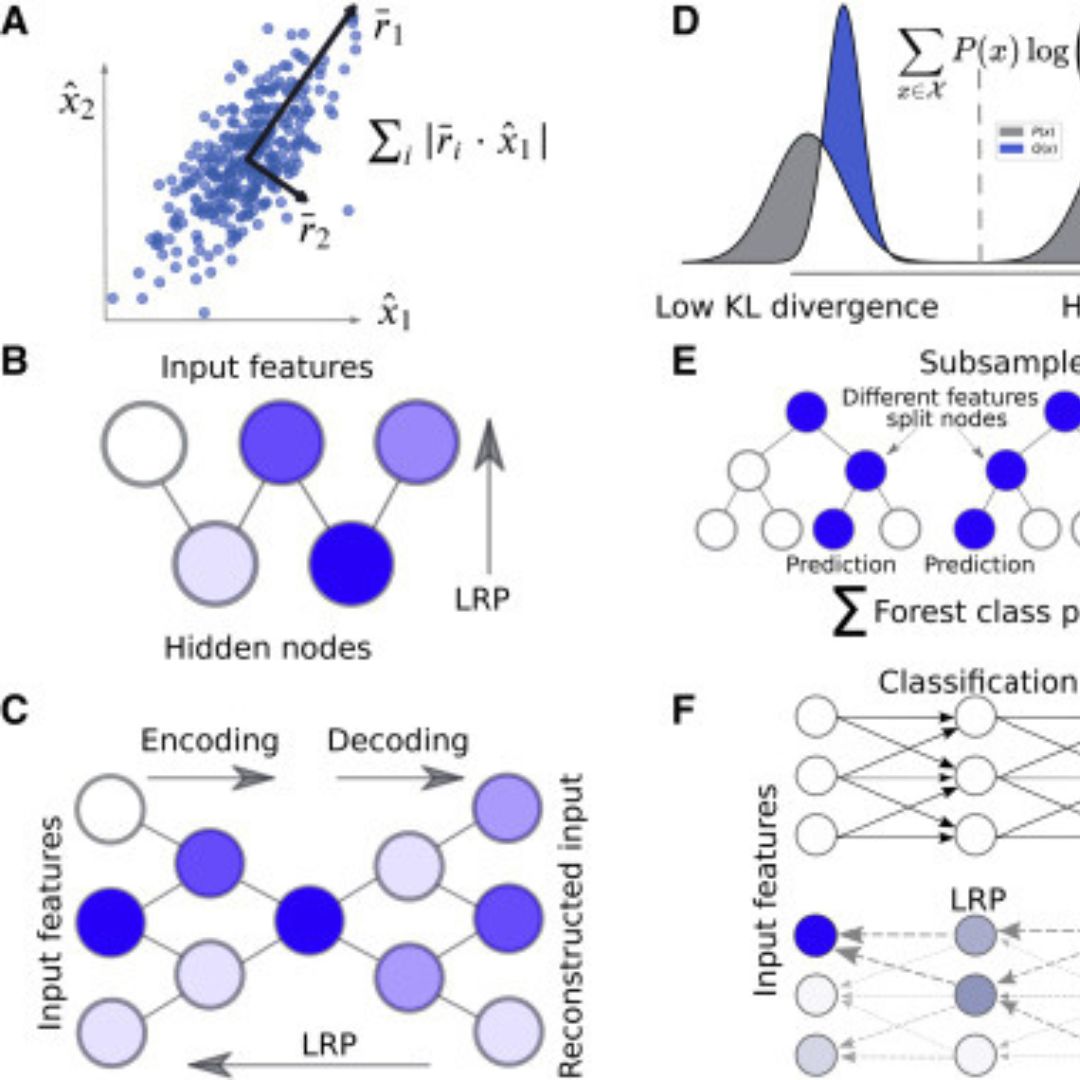
Conformational Analysis
Conformational Analysis includes identifying conformational changes, estimating transition rates, and understanding the flexibility and stability of molecular systems.
Detailed Agenda of The Masterclass
Incorporating QM/MM MD simulation using machine learning not only accelerates computational processes but also enhances the understanding of molecular mechanisms at an atomic level. As this technology continues to evolve, it promises to drive significant advancements in drug discovery, materials science, and fundamental chemistry research.
Topics Covered
- Introduction to QM/MM Simulations
- Challenges and Advances
- Methodology
- Setting up your System for the process
- Python 101
- Pandas For Machine Learning
- Basic Concepts of Machine Learning for MD Simulation
- Data Preparation
- Training the HDNNP Model
- Applying Δ-Learning Scheme
- Performing MD Simulations
- Generating Plots
- Analyzing & Interpreting the Results.
TakeAway From The Masterclass
Machine learning algorithms can analyze vast amounts of simulation data to identify patterns and improve the predictive power of QM/MM models. For example, neural networks can be trained to predict energy surfaces or force fields with remarkable precision, reducing the need for extensive, time-consuming calculations. This allows researchers to tackle more complex systems and dynamics, such as enzyme catalysis and protein-ligand interactions, with unprecedented accuracy.
Apart from the topics mentioned above there are a few extra things which you can take away from this bootcamp, which will be adding more value to your work
An introductory theory document to help you better understand the subject will also be provided.

After the completion of the session complete access to the trainers slide deck will also be provided

We will also be providing a complete access to trainers repository so that you can use it as reference later

During the course of 3 days we will be have live8+ hourse of training sessions with the participants.

Hands-On exercises are a must to better learn any technology and be able to reproduce it later.

A Participations certificate is a must after successfully completing the training as a sign of accomplishment.

Expected Outcomes of the Masterclass
After completing all the tasks of this masterclass all of our participants will be able to:
Machine learning models can improve the precision of potential energy surfaces by learning from large datasets of QM/MM simulation results.
By analyzing QM/MM simulations with machine learning, researchers can gain deeper insights into molecular interactions, including binding affinities.
Machine learning algorithms can optimize and accelerate the process by predicting complex quantum mechanical properties more efficiently than traditional methods.
Machine learning can uncover patterns and relationships in QM/MM simulation data that might not be apparent through traditional analysis methods.
Registration Details
Terms & Conditions
- All fee paid is not refundable so please read all the terms & conditions before making any payments. If you still have any doubts please contact us and confirm and then only make the payment.
- Participants need to bring their registration tickets along with a valid Institutional ID, then only they will be allowed to attend the session. Please reach out to our team in case of any exceptions.
- Please fill all your details in the form correctly as those details will be used in your certificate as well.
- Participants need to bring their own computer (laptop) system for the program.
- The software tools and other required software tools will be provided from our side for the purpose of this program.
- Participants need to reach the venue and report 30 minutes prior to the start of the sessions.
- Participants need to wear masks all the time inside the premises and abide by the other rules at the premises.
- Particpants need to attend all the sessions in order to be eligible for getting the certificate.
- Welcome email will be sent to all the participants with all the details related to the program. Please check your Inbox/Spam folder for the email.
- All the details of the software installations and how to prepare your system for the Program will be shared with all the participants in the Welcome Email itself.
Contact Us
We understand that you may have some questions before you make the payment for the course. Feel free to get in contact with us through the below given options.
Feel free to drop us a text on
For More Contact Information

